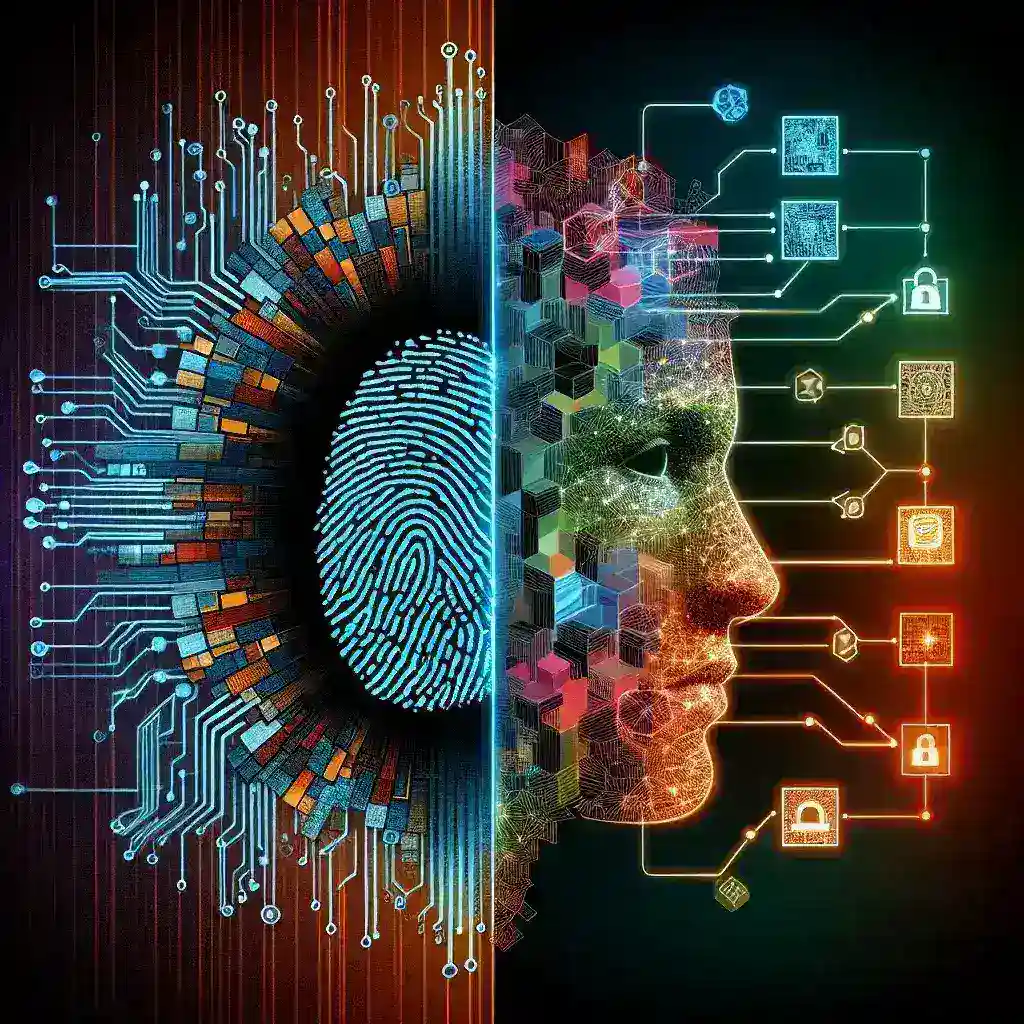Introduction
As the digital landscape continues to evolve, identity verification has become a critical aspect of online transactions and interactions. Traditional methods are often plagued by security vulnerabilities and inefficiencies. However, blockchain technology is emerging as a groundbreaking solution that is redefining identity verification.
What is Blockchain?
Blockchain is a decentralized, distributed ledger technology that securely records transactions across multiple computers. Its inherent features of transparency, immutability, and security make it an ideal candidate for revolutionizing identity verification systems.
Key Benefits of Blockchain in Identity Verification
- Enhanced Security: Blockchain’s decentralized nature reduces the risk of data breaches. Since information is stored across multiple nodes, it becomes nearly impossible for hackers to alter the data without detection.
- Consumer Control: Blockchain empowers individuals by giving them control over their personal data. Users can selectively share their identity information with trusted entities without relinquishing complete access to it.
- Improved Accuracy: With blockchain, identity verification processes can be streamlined, reducing the chances of errors and fraud. Smart contracts can automate verification, ensuring that the correct information is used.
- Cost Efficiency: By eliminating intermediaries and reducing the need for extensive paperwork, blockchain can significantly lower the costs associated with identity verification.
How Blockchain Works in Identity Verification
Blockchain technology enables identity verification through a process that typically involves the following steps:
1. Data Creation
Users create a digital identity by uploading necessary documents and information to the blockchain.
2. Hashing
The uploaded data is hashed, creating a unique digital fingerprint that represents the user’s identity.
3. Storage
The hashed data is stored on the blockchain, ensuring that it is immutable and secure.
4. Verification
When a verification request is made, the system compares the hashed data with the submitted information to determine authenticity.
Real-World Applications
Various industries are beginning to adopt blockchain for identity verification, including:
1. Financial Services
Financial institutions use blockchain to verify customer identities, enhancing security and reducing fraud.
2. Healthcare
Blockchain allows healthcare providers to securely access and verify patient identities, ensuring accurate medical records.
3. Government Services
Governments are exploring blockchain for issuing digital IDs, enabling citizens to verify their identities online securely.
Challenges and Considerations
While blockchain presents numerous advantages, there are challenges to consider:
- Regulatory Compliance: The legal implications of using blockchain for identity verification are still being explored.
- Technological Adoption: Organizations may face hurdles in integrating blockchain technology with existing systems.
- User Education: Individuals must be educated on how to manage their digital identities safely.
Conclusion
Blockchain is undeniably transforming the landscape of identity verification. As more organizations recognize its benefits, we can expect to see a fundamental shift in how identities are managed, paving the way for a more secure and efficient digital future.

